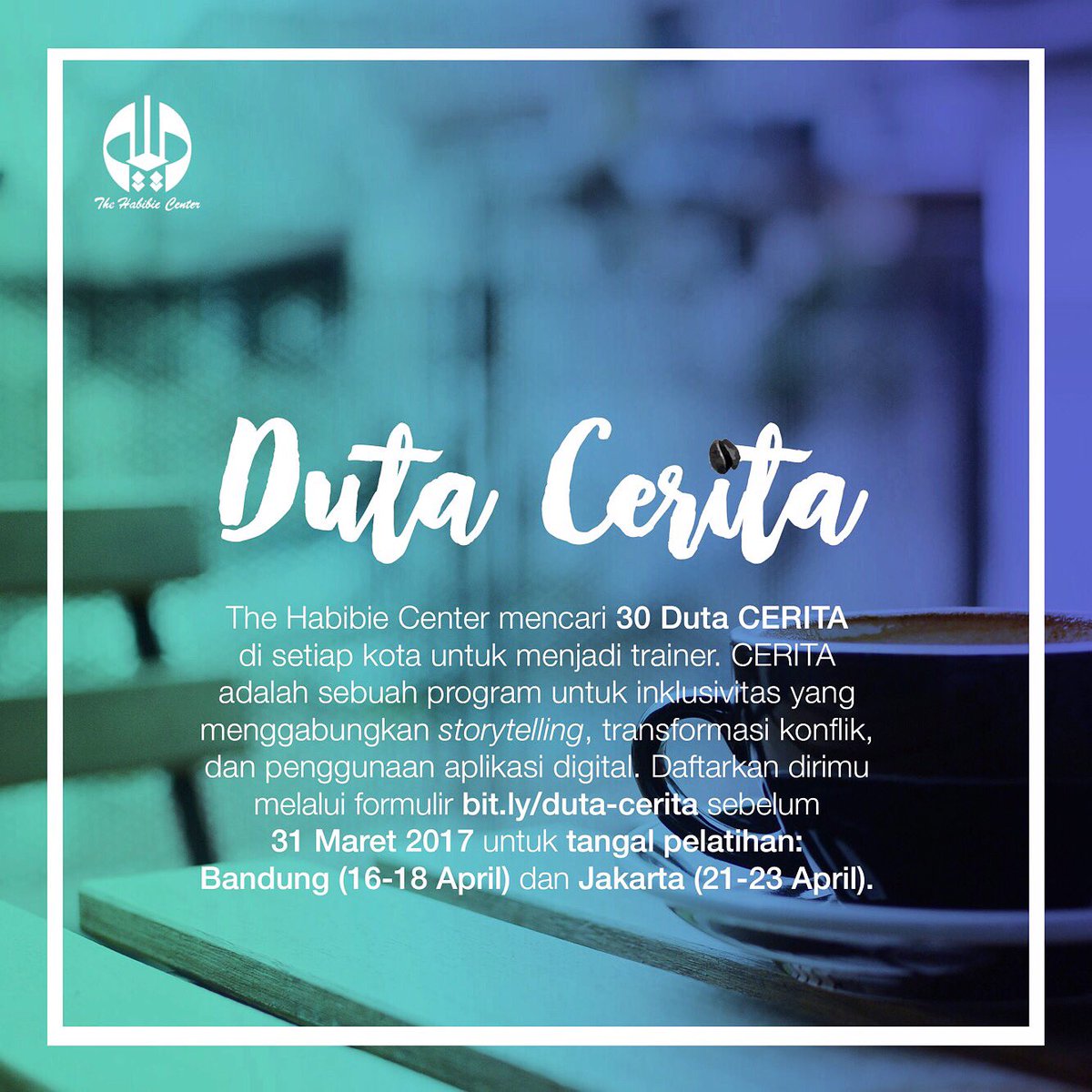
The late BJ Habibie was known by many names. To some he was Bapak Teknologi (Father of Technology), to others he was Bapak Demokrasi (Father of Democracy). A popular Indonesian film informed the public of how he used to be called Rudi in his younger days, while in his later years, he became affectionately known as Eyang (grandfather).
For the staff who worked at the Habibie Center he was simply, Big Boss. That term reflected the fact that everything we did was on his behalf. We were ambassadors advocating BJ Habibie's vision of a structurally and culturally democratic society that acknowledges, honors and promotes human rights. We were soldiers fighting for his mission to promote and advance effective human resources management and the propagation of technology.
While staff members came and went, as in any organization, BJ Habibie was a constant lighthouse. As a new recruit to the Habibie Center, I still remember clearly the day I first met this proverbial beacon; Friday, April 20, 2012, to be precise.
My sense of excitement was matched by a far greater sense of nervousness and trepidation. Not only was I meeting Big Boss at his residence in Patra Kuningan in South Jakarta, I was mindful of the fact that this was a former president of the Republic of Indonesia no less. What if I said the wrong thing? What if I committed a major faux pas? What if I embarrassed myself in front of him?
Yet within seconds of being in the great man's presence, all my fears and worries just slipped away. I was struck by his humility, his devotion to his beloved wife and most of all, his passion for all things to do with flying. It was easy to forget that at one point, this was the most powerful man in the republic.
The same person that was addressed as "His Excellency" whenever he met foreign ambassadors and other VVIPs was the same person that insisted he simply be called eyang; the same person who ushered in Indonesia's democratic transition post-1998 by taking many bold and brave decisions, such as granting freedom of the press, freeing political prisoners and allowing the right to expression and association.
Not to mention, the one that would avidly retell the story of his N250 Gatotkaca aircraft - the first ever Indonesian-designed and built plane to be successfully flown.
Indeed, for those fortunate to have met Habibie, they will know full well how difficult it was to stop eyang once he was on a certain topic that he felt passionate about. This was whether it was on human resources, small and medium enterprises (SMEs) or the importance of upholding Bhinneka Tunggal Ika (Unity in Diversity).
I once had the unenvious task of gently reminding him that time was up during a keynote address he was giving at a public seminar. He politely acknowledged me before proceeding to continue talking for several more minutes.
In this sense, he truly was like a grandfather, unable to stop once he was on a roll, but with no other intention than to impart his wisdom and insight to the younger generations of Indonesia.
To be fair, I only met Habibie a few times and I would not claim to know him intimately. Yet the impression he left me from just those few occasions I got to meet him is testament to the inspirational figure that he was to all Indonesians. Indeed, since the sad news of his passing was announced late on Wednesday, there has been much outpouring on social media with people from all walks of life sharing their individual memories of Habibie. He meant a lot, to a lot of people.
This was true not only at the height of his career but even in retirement. It should be noted that almost two decades after he stepped down from the office of the presidency, he remained a much-loved person in Indonesia, drawing respect from across the political, religious, ethnic and cultural lines that sometimes divide this country.
Following one of the most controversial and polarizing elections in Indonesian history earlier this year, Habibie took on the role of elder statesman, calling for all sides to calm down and respect the rule of law and the electoral process. I shudder to think what our nation would have been without his soothing words at the time.
That Habibie had to step in is perhaps a reminder that the democratic and human rights journey that he set this country on is one that we should never take for granted. Threats remain, dangers lurk. And following Habibie's passing, he will no longer be able to step in and guide us. Indeed, the onus is now on us, the people of Indonesia, to step in and defend our democracy whenever and wherever it is at stake.
I believe there is no better way of honoring Habibie's legacy. Meanwhile, for those at the Habibie Center, we'll keep striving for the Big Boss' rallying cry: Democratization must go on!
Goodbye, Eyang. Rest in peace, Boss.
The Jakarta Post
By A. Ibrahim Almuttaqi Jakarta Head of the ASEAN Studies Program, the Habibie Center, Jakarta.
The views expressed are his own.





Komentar